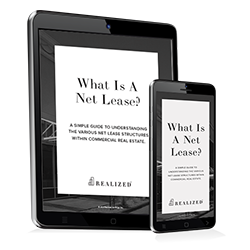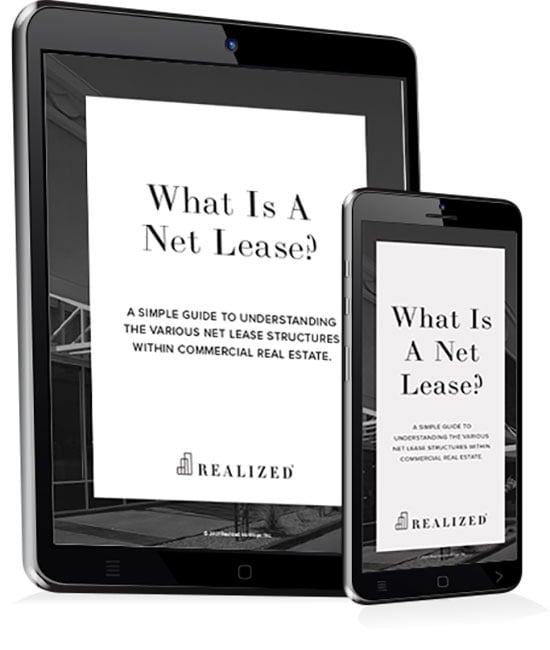
Investing in triple net lease (NNN) properties can provide immense financial relief for investors like yourself. Since you’re no longer paying for property taxes, insurance premiums, and maintenance costs, you’re less exposed to market volatility. Beyond these advantages, there are other ways you can ease financial burdens — especially with personal income tax. One method is property depreciation, which naturally applies to NNN leases given that a real estate asset is involved.
How do you apply depreciation? Realized 1031 shares insights below to help you gain an in-depth understanding of this practice.
What Is NNN Depreciation?
Accounting depreciation, or just depreciation in general, is the practice of reducing a property’s overall value to account for wear and tear, even if your asset is actually appreciating. The purpose of depreciation is to match the expense of using an asset to the revenue it generates. This is a core concept in accounting known as the matching principle.
NNN properties, which are categorized as commercial properties, follow a depreciation schedule of 39 years for straight-line depreciation. This means that you divide the value of the asset by the number of years, resulting in the amount you can deduct from the cost basis.
The main benefit of depreciation is that it can help you reduce your overall taxes and increase your return on investment. Depreciation is a “phantom” expense because it doesn’t involve any actual cash outflow. This means it can significantly reduce your taxable income from the property, even if the property is generating positive cash flow and appreciating in market value.
Example Calculation of Triple Net Lease Depreciation
Let’s say that you’ve acquired a large office building worth $3.9 million. If you follow the straight-line depreciation schedule, then $3,900,000 / 39 years is $100,000 in depreciation annually.
You can continue deducting this amount every year from your NNN rental income.
Let’s say that you’ve earned $300,000. Following the depreciation schedule, you can deduct $100,000 from the rental income. This means that you can reduce your taxable income to $200,000, providing significant financial relief.
How Depreciation Applies to Investors
The whole process can be confusing, given how the tenant is in charge of property tax, which is directly dependent on the current value of the asset. However, depreciation is tied to ownership, meaning the IRS only allows the owner of the property to claim depreciation. Property taxes are assessed by local governments based on the property’s market value, not how much the building has “worn out.” Meanwhile, depreciation applies to the investor’s income tax payments. The practice is simply meant to recover the cost of the structure as it wears out over time.
Depreciation Recapture
One major consideration to keep in mind is depreciation recapture. This applies when you sell a depreciated property at a profit. The IRS recaptures the depreciation you claimed, and the rates follow ordinary income taxes. As such, preparing for depreciation recapture is crucial to avoid surprise expenses. Maintaining cash reserves before selling a property or using tax-deferral methods can help you manage this payment.
Wrapping Up: NNN Depreciation Basics for Investors
Taking advantage of depreciation helps investors manage income tax payments and improve overall return on investment from their NNN assets. As you reduce the value of the property, you pay lower taxes on the rental income, allowing you to preserve more of what you earn. However, depreciation recapture will apply when you eventually sell the asset, which is why it’s essential to work with tax professionals to help you confidently navigate this practice.
Sources:
https://www.investopedia.com/terms/d/depreciationrecapture.asp
https://www.investopedia.com/articles/investing/060815/how-rental-property-depreciation-works.asp



